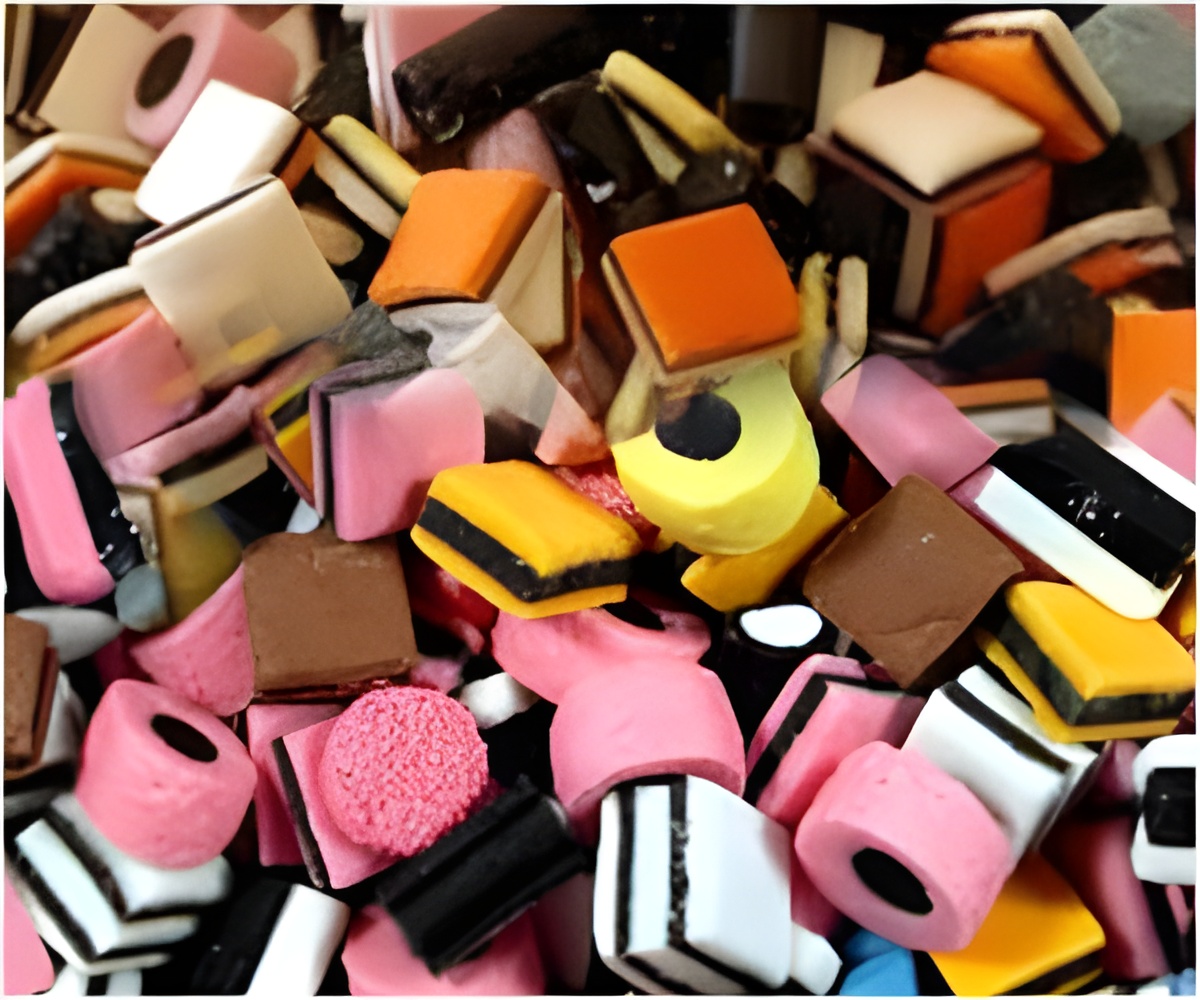New study identifies reasons as to why pregnant women should avoid consuming liquorice.

- Liquorice contains a natural sweetener, glycyrrhizin, that can affect the development of the growing fetus if consumed during pregnancy.
- It impairs the child's cognitive reasoning, memory and increases their likelihood of developing attention deficit hyperactivity disorder (ADHD).
- Among girls, it caused puberty to start earlier.
According to the recommendations, occasional consumption of small amounts such as a portion of liquorice ice cream or a few liquorice sweets is not considered dangerous.
However, the safe limit for consumption is not known.
The natural sweetener, glycyrrhizin found in liquorice is said to cause the problem.
Previous studies had established that glycyrrhizin causes higher blood pressure and shorter pregnancies in humans. But its long-lasting effects on the growing fetus have not been proven before.
The Glaku study was carried out by the University of Helsinki, the National Institute for Health and Welfare and the Helsinki and Uusimaa hospital districts.
The large amount corresponded to over 500 mg glycyrrhizin per week and little/no as less than 249 mg glycyrrhizin per week. 500 mg glycyrrhizin equals an average of 250 g liquorice.
The researchers then carried out cognitive reasoning tests to measure their level of intelligence.
The findings showed that:
- youths that were exposed to large amounts of liquorice in the womb performed less well than others in cognitive reasoning tests
- it impairs IQ by at least seven points
- it affected their memory
- increased their chances of developing attention deficit hyperactivity disorder (ADHD)
- girls hit their puberty much earlier, putting them at a risk of diabetes, breast cancer and heart disease
Researchers suggest the need for informing pregnant women and women planning pregnancy on the harmful effects that products containing glycyrrhizin, such as liquorice and salty liquorice, may have on the fetus.
The biological mechanism of the effects of liquorice is well known due to the experiments in animals.
Glycyrrhizin intensifies the effects of stress hormone cortisol by inhibiting the enzyme that inactivates cortisol.
While cortisol is essential to the development of a fetus, it is detrimental in large amounts.
Glycyrrhizin is one of many factors that affect the development of a fetus. However, it is impossible to say if glycyrrhizin directly affected the development of a child.
The study report was published in the American Journal of Epidemiology. The first author of the article is Academy Professor Katri Räikkönen from the University of Helsinki.
Reference
- Katri Räikkönen et al. Maternal licorice consumption during pregnancy and pubertal, cognitive and psychiatric outcomes in children. American Journal of Epidemiology; (2017)
Source-Medindia















